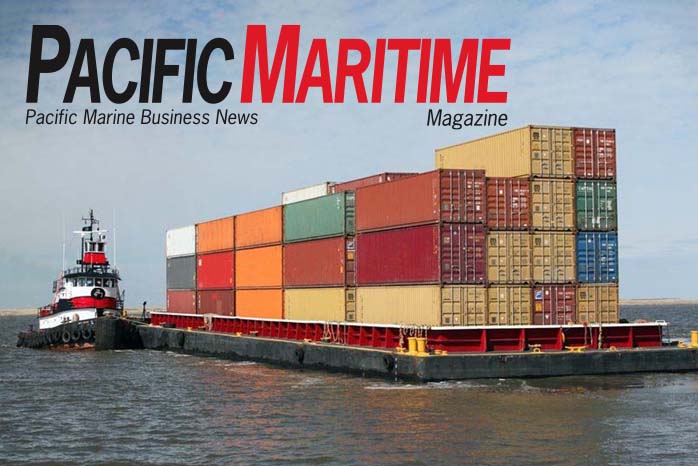For two weeks beginning July 18, BNSF Railway limited the flow of international containers from the Los Angeles-Long Beach seaport complex to the railroad’s Logistics Park Chicago intermodal terminal in order to deal with a backlog of intermodal cargo traffic at the terminal.
“The rate of containers tendered to us on the West Coast continues to exceed the rate of out-gates from Logistics Park Chicago,” railway spokeswoman Amy Casas is quoted as saying in a July 19 trains.com report. “We are confident in our ability to process and unload volume at the rate that we are seeing demand on the West Coast, provided that there is adequate capacity to receive and out-gate that volume at destination.”
BNSF has expanded off-terminal parking and boosted lift capacity by 20% in an effort to keep its terminals fluid amid a spike in intermodal volume, according to the same trains.com report.
“We continue to engage on a number of targeted efforts with our core ocean carriers, beneficial cargo owners, and the local dray community to work together on this challenging supply chain issue,” Casas was quoted as saying.
The shortage has been an ongoing issue. In June, BNSF CEO Katie Farmer told the federal Surface Transportation Board that customers were taking as much as two days longer than usual to unload containers and return them to intermodal terminals, which has created a shortage of chassis.
Chicago is the largest single destination for cargo that arrives at the ports of Los Angeles and Long Beach. From there, the cargo is sent via truck and rail to various points in the United States and Canada, particularly the Midwest and East Coast.
A move to suspend inbound moves from Southern California is far from unprecedented. Just days prior to BNSF’s action, a competing Class I railroad, Union Pacific temporarily suspend all inbound moves of international containers from West Coast ports to its Global IV terminal in Chicago for seven days due to congestion and slow turnaround times.

